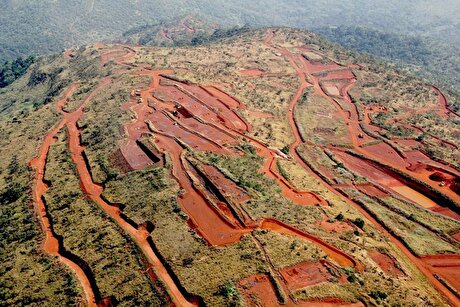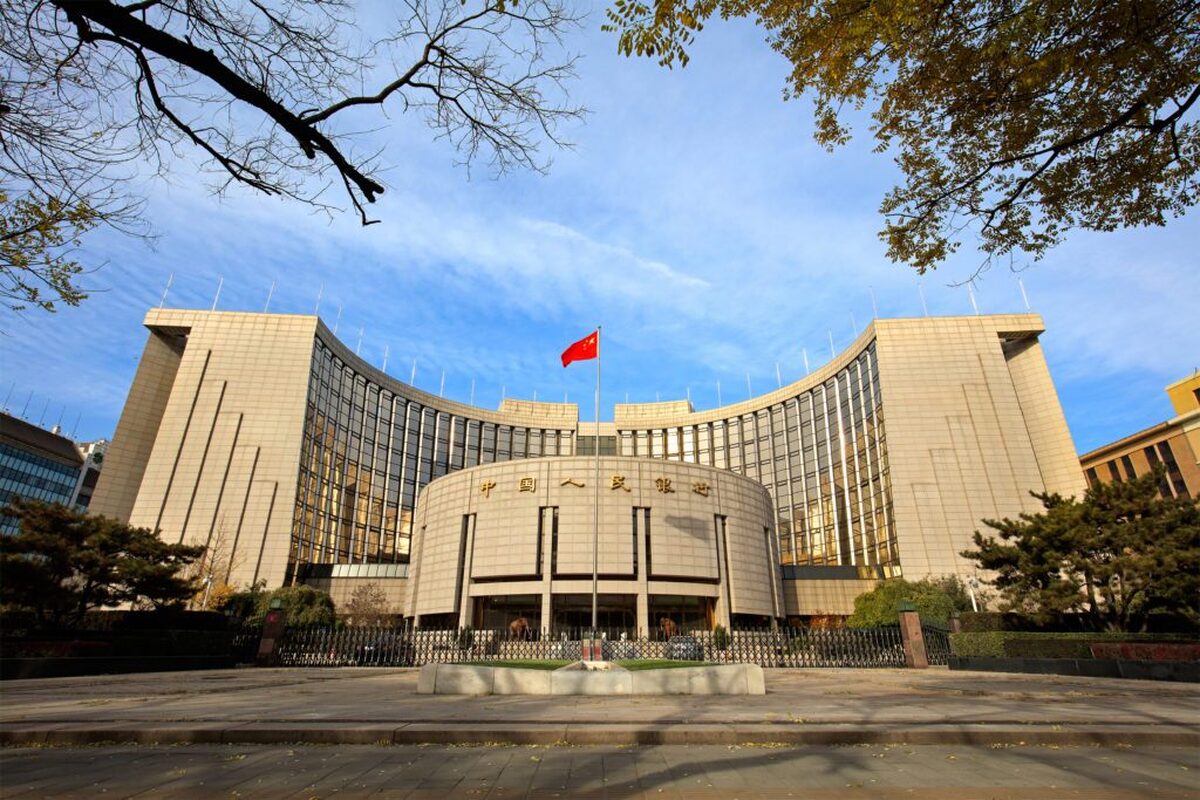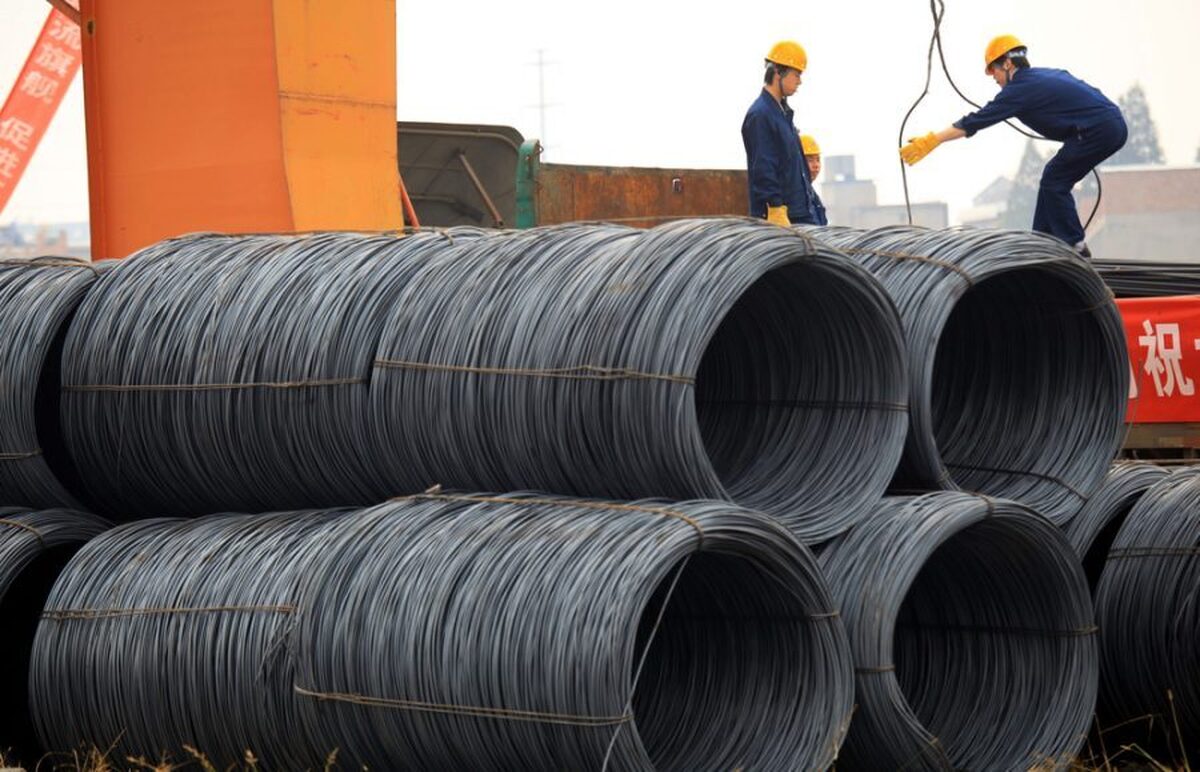
China's steel sector shakes off crude futures crash

The most active month May futures for iron ore closed down by 2.7pc at 640 yuan/t ($92/t), above the 5pc fall in the morning. Steel futures erased early losses of around 2pc with May futures for rebar closing down by 0.3pc to Yn3,439/t and hot-rolled coil (HRC) closing down by 0.12pc to Yn3,466/t in the afternoon.
Crude prices fell to four-year lows today after Saudi Arabia said it would boost oil supplies into a market already oversupplied because of falling demand from the coronavirus outbreak. Front-month May Ice Brent crude futures fell to as low as $31.02/bl today, down by about 31pc from its close on 6 March.
The reaction in steel markets was more sentiment driven than based on physical fundamentals, steel traders said. The coronavirus outbreak has delayed China's spring construction season boost until mid-March or April, not prevented it.
China's steel inventories will start to fall in two weeks, and after another two or three weeks inventory pressures should return to normal by mid-April, a China-based analyst said. Spot sales for HRC and rebar today extended last week's higher volumes, reflecting the nearing return to normalcy for steel demand.
China's economy could benefit from the lower energy costs, as it is a net crude importer, but falling crude prices are weakening the US dollar that could reduce China's competitiveness in export markets.
"Chinese domestic steel prices usually do not react much to oil and other large commodity price moves. But with the US dollar falling, steel exports are likely to be negatively affected," a north China exporter said.
Weaker global oil markets will definitely affect demand for Chinese industrial products, "But we are not sure to what extent, will it affect domestic steel market, and will it trigger global systemic risks?" an east China steel trader said. "All our former calculations will be useless. We remain cautious and on the sidelines."
China's steel sector is further along in the different phases of emotion in a crisis, an analyst at an east China trading firm said. China's steel sector has moved past the panic phase, but overseas reaction is just entering the panic phase, threatening to pull steel back into panic mode, the analyst said.
"We see the steel market fluctuating" in and out of volatility before stabilising in April following a round of global policy steps to stabilise economies, the analyst said.


Gold price edges up as market awaits Fed minutes, Powell speech

Glencore trader who led ill-fated battery recycling push to exit

Emirates Global Aluminium unit to exit Guinea after mine seized

UBS lifts 2026 gold forecasts on US macro risks

Iron ore price dips on China blast furnace cuts, US trade restrictions

Roshel, Swebor partner to produce ballistic-grade steel in Canada

EverMetal launches US-based critical metals recycling platform

US hikes steel, aluminum tariffs on imported wind turbines, cranes, railcars

Afghanistan says China seeks its participation in Belt and Road Initiative

First Quantum drops plan to sell stakes in Zambia copper mines

Ivanhoe advances Kamoa dewatering plan, plans forecasts

Texas factory gives Chinese copper firm an edge in tariff war

Pan American locks in $2.1B takeover of MAG Silver

Iron ore prices hit one-week high after fatal incident halts Rio Tinto’s Simandou project

US adds copper, potash, silicon in critical minerals list shake-up

Barrick’s Reko Diq in line for $410M ADB backing

Gold price gains 1% as Powell gives dovish signal

Electra converts debt, launches $30M raise to jumpstart stalled cobalt refinery

Gold boom drives rising costs for Aussie producers

First Quantum drops plan to sell stakes in Zambia copper mines

Ivanhoe advances Kamoa dewatering plan, plans forecasts

Texas factory gives Chinese copper firm an edge in tariff war

Pan American locks in $2.1B takeover of MAG Silver

Iron ore prices hit one-week high after fatal incident halts Rio Tinto’s Simandou project

US adds copper, potash, silicon in critical minerals list shake-up

Barrick’s Reko Diq in line for $410M ADB backing

Gold price gains 1% as Powell gives dovish signal

Electra converts debt, launches $30M raise to jumpstart stalled cobalt refinery


















